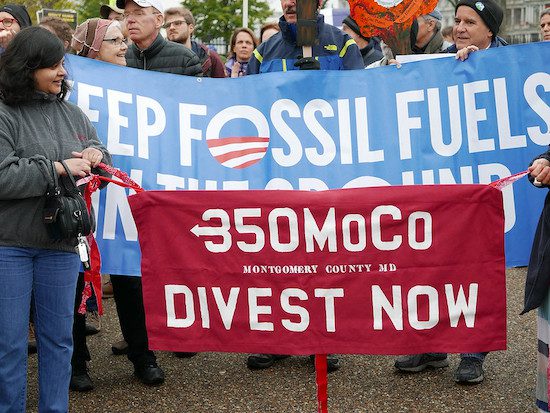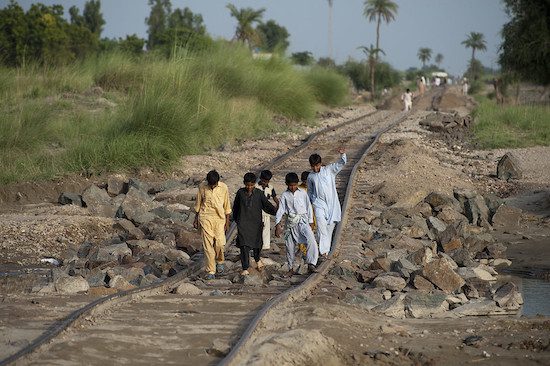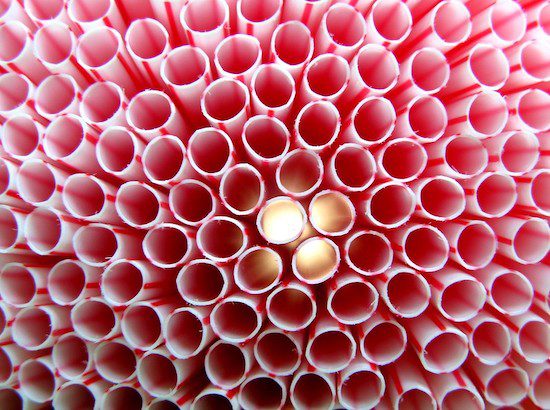


Action Network: Nearly all public pension funds in the U.S. are invested in fossil fuel companies—essentially using Americans’ tax dollars to support the powerful polluters that are causing the greatest threat to our planet and to humanity: the climate crisis. We are already feeling the impact of escalating floods, fires, heatwaves and storms. Public money shouldn’t be used to fund public destruction. To make matters worse, state pension funds’ investments in fossil fuels actually place our pensions at risk. Big coal, oil and gas companies are underperforming compared to the rest of the market, and it is widely expected that the assets of many fossil fuel companies will eventually become stranded and stock values will plunge. This bursting of the “carbon bubble” could cause losses greater than the 2008 financial crisis, according to a recent study. Retirement savings should not be invested in an uncertain and volatile industry—and we certainly do not want to continue to financially support fossil fuel companies, the primary drivers of the climate crisis.
>>>Urge your governor and state legislators to divest state pension funds from fossil fuels.
Total Liberation International: The devastating Australian wildfires, which have killed over one billion animals, have dramatically exacerbated the severe threat to kangaroo populations, possibly driving some species closer towards extinction. Yet Chewy—the largest online pet retailer in the United States—is still selling kangaroo meat dog food and chews. The mass-scale, profit-driven killing of kangaroos for their meat, leather and pelts is the world’s largest land-based wildlife slaughter. It is an Australian government-sanctioned bloodbath and Chewy is complicit. Adult kangaroos are shot. Hundreds of thousands of joeys (baby kangaroos) are clubbed, shot or decapitated after their mothers are killed. And larger young but non-pouched orphaned kangaroos are left to die. Like the African elephant, this massive slaughter could eliminate them. Companies like Pets At Home in Australia and every single supermarket chain in the United Kingdom have stopped selling kangaroo meat for pets and humans. It’s time for Chewy to extend their compassion beyond domesticated dogs and cats, join other international retailers and ban all kangaroo products.
>>>Demand that Chewy stop selling all kangaroo products immediately.
Voice for the Voiceless: Myan Kumaraya is an elephant who lives his life chained tightly to a tree at the Bellanwila Buddhist Temple in the Colombo District of Sri Lanka. In January 2019, a video surfaced of him being bathed in dirty water and beaten by his mahout or handler. Just recently two more videos surfaced again of him being bathed in dirty water and beaten. “We are very concerned for the welfare of Myan,” said Maneesha Arachchige, an activist from Rally for Animal Rights and Environment (RARE). “He seems to be beaten on a regular basis and the temple seems unconcerned. If action is not taken quickly we fear for the safety of those around Myan, as well as his own safety and wellbeing.”
>>>Urge the government of Sri Lanka to remove Myan Kumaraya from the Bellanwila Temple and place him in an environment free from abuse.
Cause for concern…

- World must prepare for millions of climate displaced: U.N. (Luke Baker, Reuters)
- EPA re-approves chemical used in Bayer’s Roundup weedkiller despite concerns over health risks (Rachel Frazin, The Hill)
- Emails show Trump official helping former chemical industry colleagues (Derek Kravitz, ProPublica, and Emily Holden, The Guardian)
- Trump administration strips away environmental protections for streams and wetlands (Coral Davenport, The New York Times)
- Air pollution in New York City linked to wildfires from as far as Canada (SciTechDaily)
- High air pollution exposure in one-year-olds linked to structural brain changes at age 12 (Cincinnati Children’s Hospital Medical Center)
- Brexit is a threat to animal welfare laws—the U.K. government must protect the rights of pets and livestock (Alexandra Phillips, The Independent)
- Mayfly numbers drop by half since 2012, threatening food chain (Douglas Main, National Geographic)
- California’s giant sequoias are dying 500 years before they’re supposed to (Patrick Greenfield, The Guardian)
Round of applause…

- China moves to phase out single-use plastics (Sophie Yu and Huizhong Wu, Reuters)
- Microsoft pledges to become 100% carbon negative by 2030 (Matt O’Brien, Associated Press)
- The Guardian to ban advertising from fossil fuel firms (Jim Waterson, The Guardian)
- How a human rights-based family planning model is key to comprehensive animal rights—and a better future for all (Carter Dillard, Having Kids)
- Plane travel destroys polar bear habitat (Norwegian University of Science and Technology, Environmental News Network)
- Safari Club International’s annual convention promotes the senseless killing of wild animals (Humane Society International)
- Court: Kansas “ag-gag” unconstitutionally bans free speech (Associated Press via KSN)
- Rich Hardy: My life as an undercover animal rights investigator (Rachel Graham, Euronews)
- Hong Kong theme park ends shocking dolphin and sea lion shows thanks to pressure from activists (Oli Gross, Totally Vegan Buzz)
- Dillan the bear rescued from roadside zoo, headed to accredited sanctuary (PETA)
Parting thought…
“Just as we will evolve past racism, sexism, ageism and religious persecution, we will evolve past barbarism toward animals, too.” —Nina Jackel
Earth | Food | Life (EFL) explores the critical and often interconnected issues facing the climate/environment, food/agriculture and nature/animal rights, and champions action; specifically, how responsible citizens, voters and consumers can help put society on an ethical path of sustainability that respects the rights of all species who call this planet home. EFL emphasizes the idea that everything is connected, so every decision matters.
Click here to support the work of EFL and the Independent Media Institute.
Questions, comments, suggestions, submissions? Contact EFL editor Reynard Loki at [email protected]. Follow EFL on Twitter @EarthFoodLife.